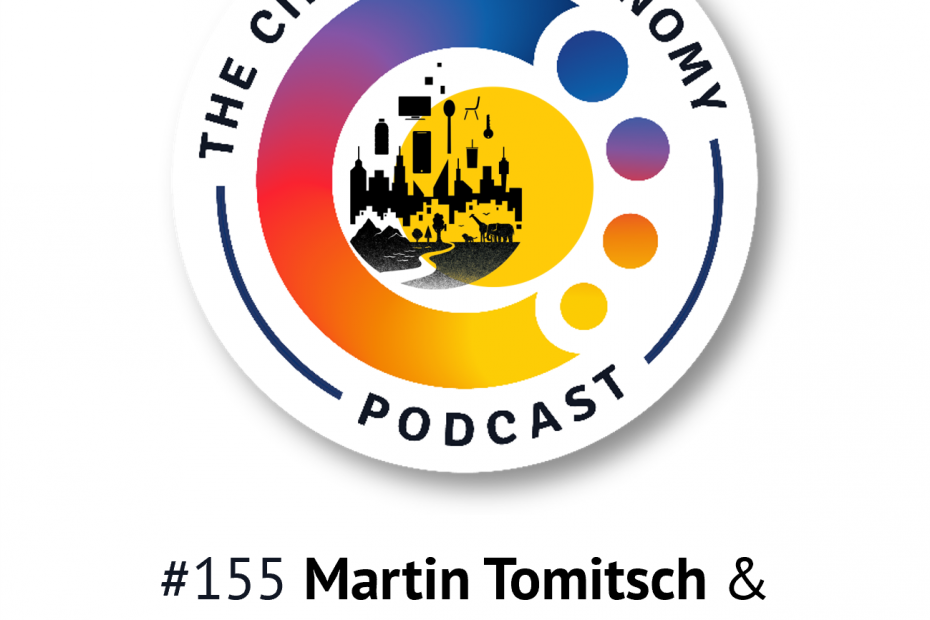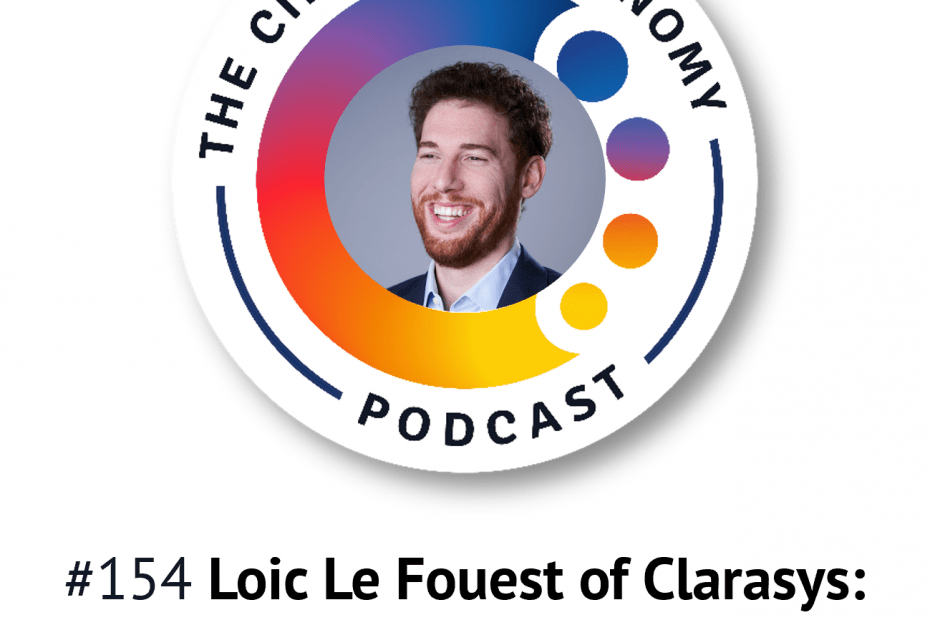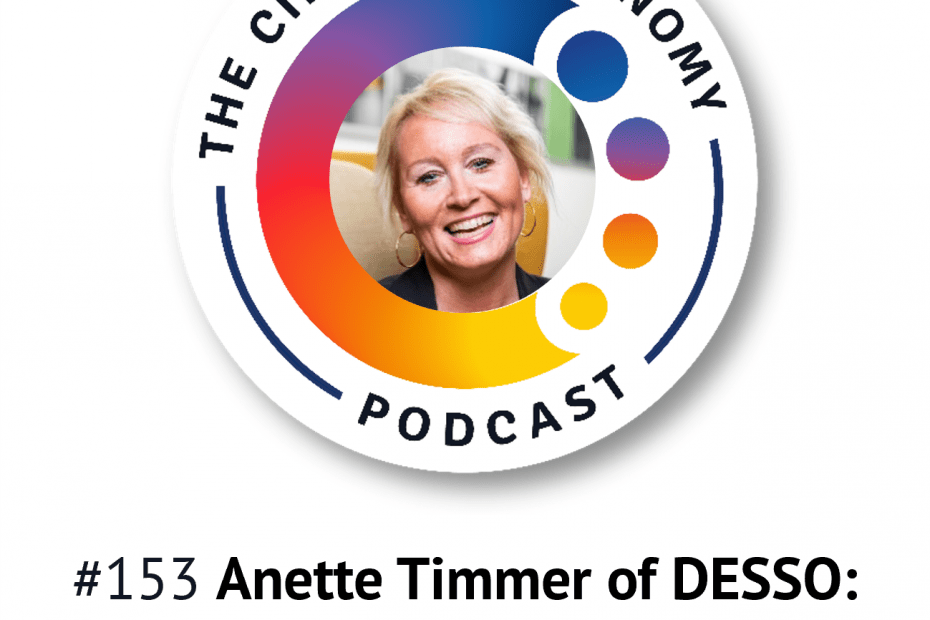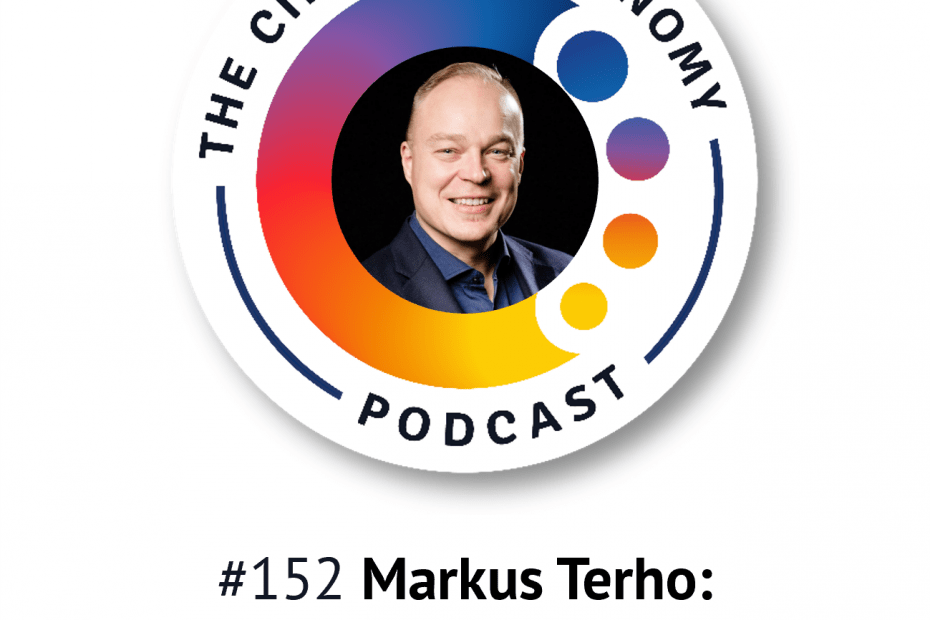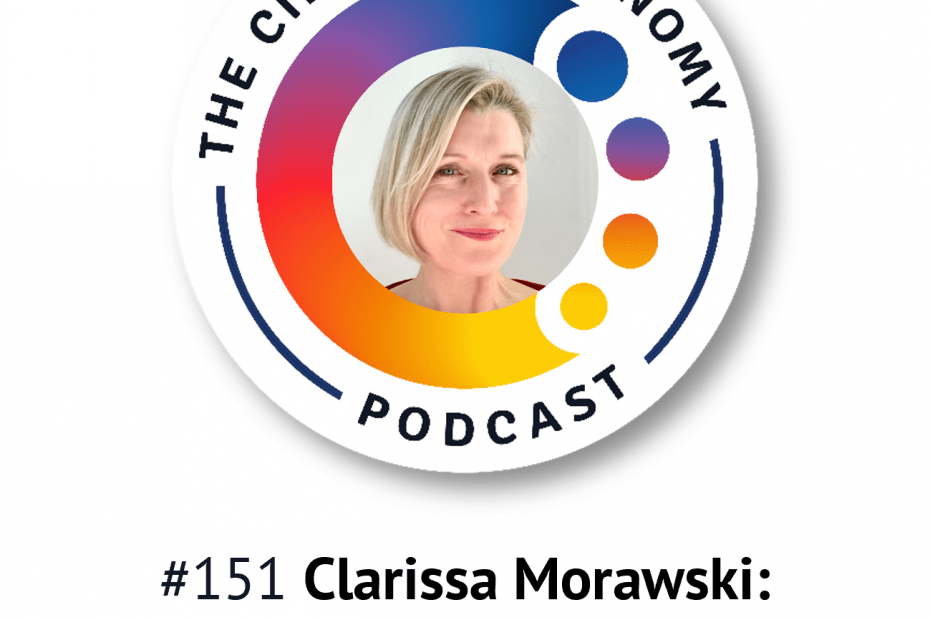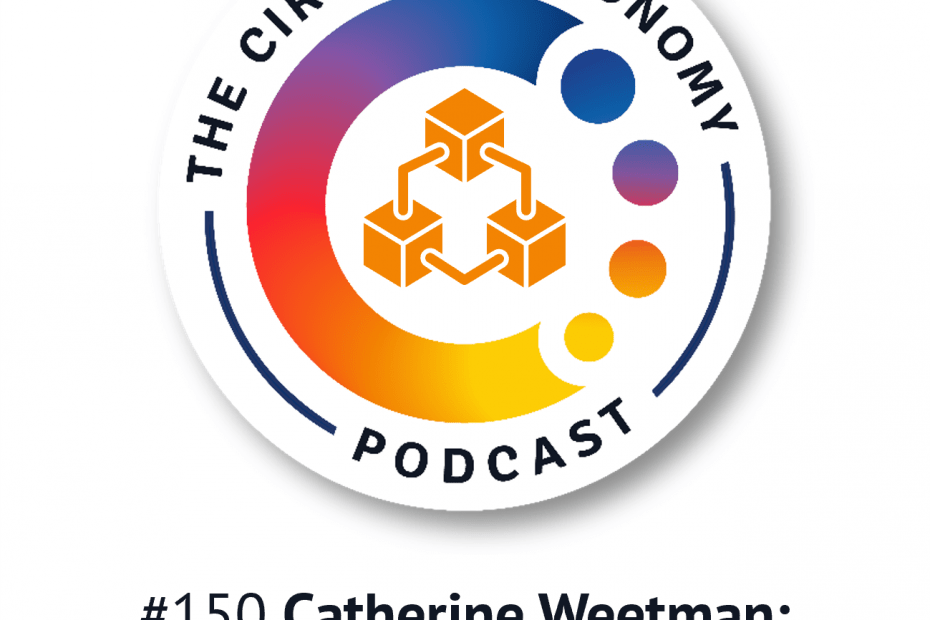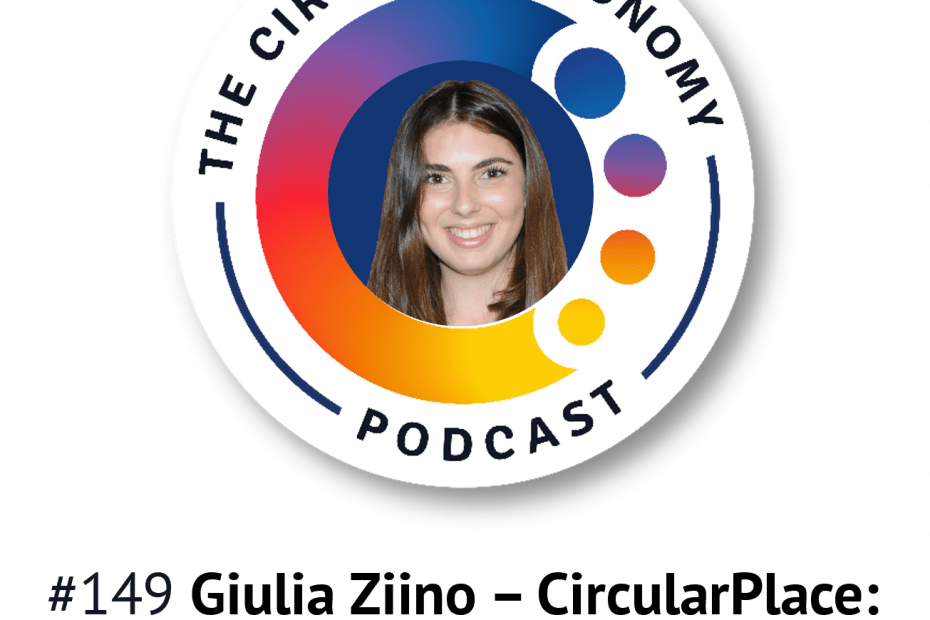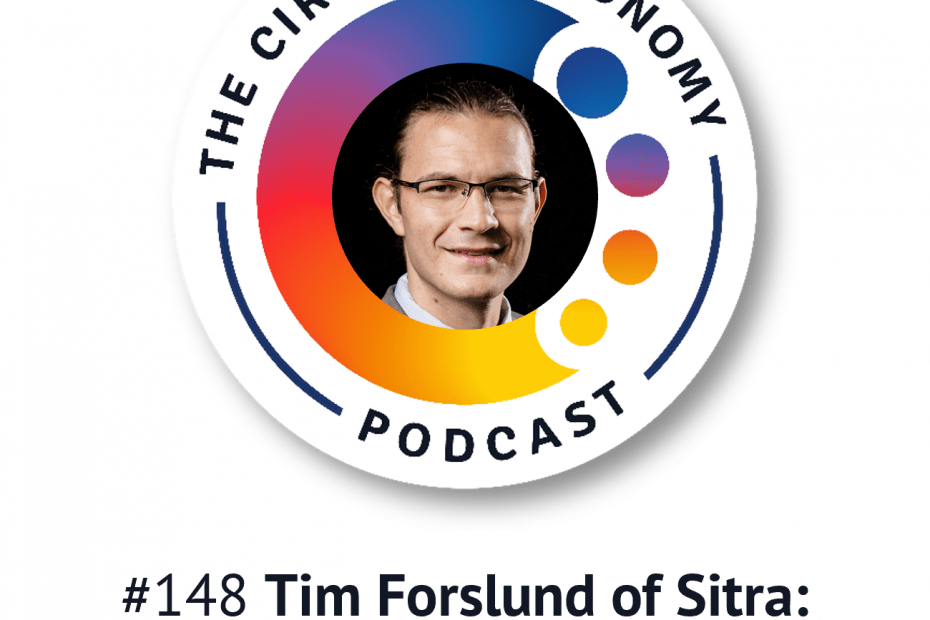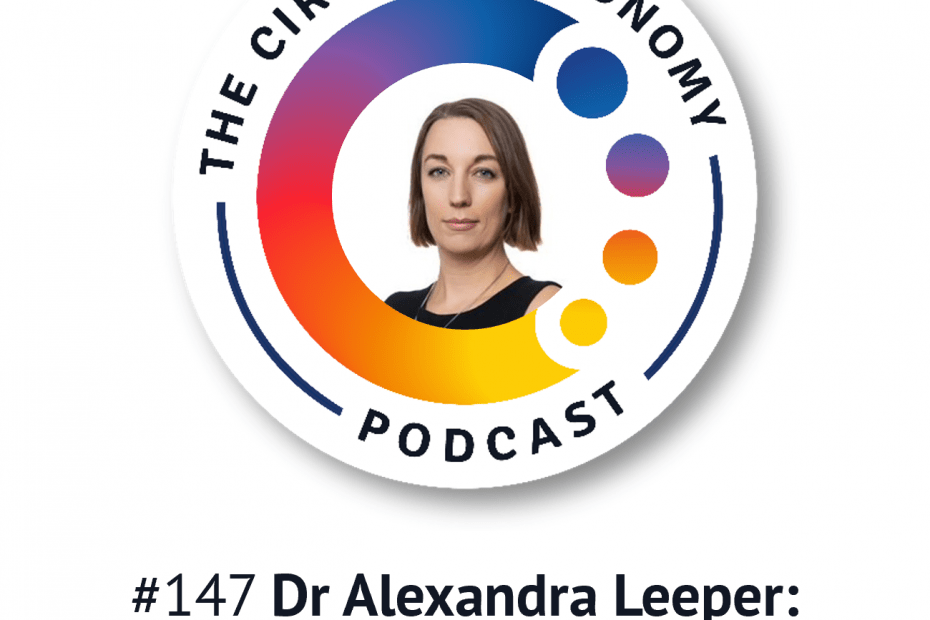155 Martin Tomitsch and Steve Baty: Life-centred design
Martin Tomitsch and Steve Baty have written a brilliant book called Designing Tomorrow: strategic design tactics to change your practice, organization and planetary impact, published earlier this year.
Martin Tomitsch is a Professor and Head of the Transdisciplinary School at the University of Technology Sydney (UTS). As a design academic and educator, Martin advocates for the transformative power of design to envision speculative futures and drive positive change. He has written lots of academic articles and seven books, including Making Cities Smarter and Design Think Make Break Repeat.
Steve Baty was the inaugural CEO of the Australian Design Council, co-founder of Meld Studios and co-founder of UX Australia. He is a Director of the Product Stewardship Centre of Excellence and served two years as the President of the Interaction Design Association. Steve focuses on the integration between strategic design and traditional architectural practice, especially for improving our public spaces, infrastructure and services.
You might be noticing interest around supporting responsible innovation in ways that consider all life – human and other-than-human. That might be badged as life-centred, regenerative or post-anthropocentric design, and Martin Tomitsch and Steve Baty say these approaches share an important goal, to ‘reach an operational status where human activity no longer exceeds the planetary limits.’
In Designing Tomorrow, Martin and Steve bring together several design philosophies, to help designers, strategists and policymakers amplify their impact, shift their perspectives and empower them to create lasting positive change inside organizations.
We’ll talk about some of the concepts and tools they introduce in the book, why we need to carefully consider who is involved in a system and the broader implications of our design decisions, and ways to change our mindsets – including about stakeholders, our sphere of influence and how to think about strategic decisions.
